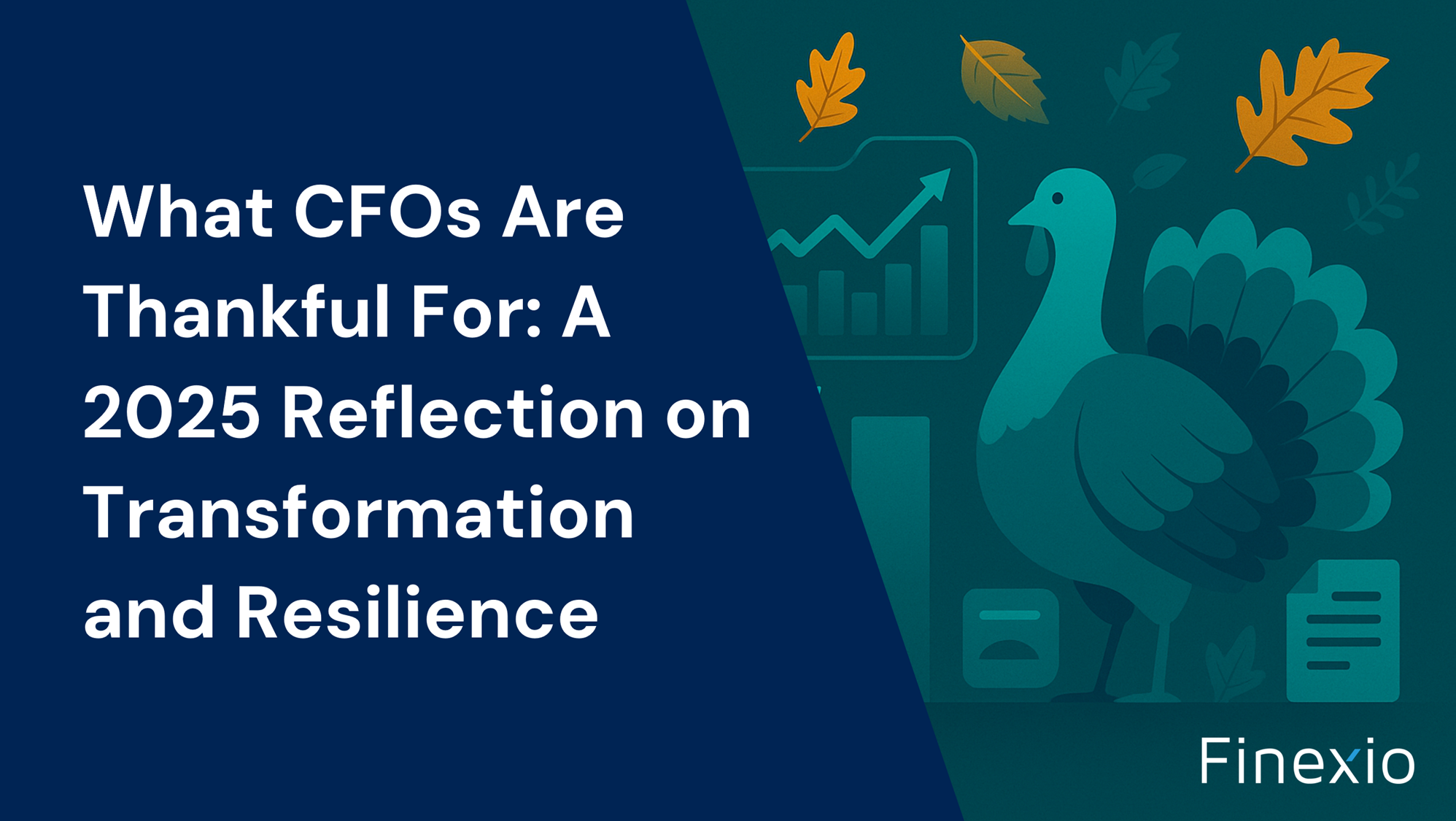The Crucial Role of Knowledge-Based Authentication in B2B Transactions


It's undeniable – the digital age has brought about remarkable convenience and efficiency in business operations. However, it has also opened the door to increasingly sophisticated fraud tactics. In 2022, a staggering 56% of US companies were targeted by at least one fraud attempt, with 12% experiencing more than 10 attempts1. In response to this escalating threat, Finexio has implemented robust security measures, including Knowledge-Based Authentication (KBA) through DocuSign, to protect our clients as part of our complete AP Payments as a Service offering.
The Changing Face of Fraud
Fraud has evolved with technology. Today, 55% of companies hit by fraud attempts report changes in supplier information on legitimate payments as the primary method of perpetration1. Fraudsters often impersonate suppliers, requesting changes to bank account information – a scheme made all the more plausible by the global shift towards remote work and digital communications.
The Human and Financial Impact of Fraud
The impact of fraud extends far beyond financial losses. While it's true that 24% of companies victimized by fraud in2022 lost more than $100,000, and 5% lost over $1 million1, the ripple effects of such incidents can be equally damaging. Fraud can sow mistrust, disrupt communications with suppliers, and even spur legal action. Moreover, the reputational harm inflicted on defrauded companies can strain relationships with customers and investors1.
Protecting Your Business with KBA
In the face of this growing menace, Finexio has chosen to meet fire with fire, fighting tech-enabled fraud with tech-powered solutions. We've implemented Knowledge-Based Authentication through DocuSign, a process that requires users requesting changes to payment delivery information to answer questions generated from their public records. This KBA process does not store your sensitive information; it merely validates your identity to protect both parties involved in a transaction.
The Future of Fraud Prevention
Looking ahead, we face an escalating challenge. Over 50% of US companies anticipate an increase in payment fraud attempts in the coming year1, yet only 20% of companies verify supplier information before placing an order or initiating payment campaigns1. This leaves a large gap for fraudsters to exploit and emphasizes the importance of continuous, rigorous validation processes.
At Finexio, we believe that it's not just about implementing the right policies and systems, but also about educating and raising awareness of these threats among our clients. By sharing and demystifying our security measures, we aim to foster understanding and appreciation for our efforts. With Finexio, you are choosing a partner that values your security, sees fraud prevention as a necessity, and places a premium on transparency and customer satisfaction.
-Chris Wyatt, Chief Strategy Officer at Finexio
Get the free Newsletter
Get the latest information on all things related to B2B and electronic payments delivered straight to your inbox.




